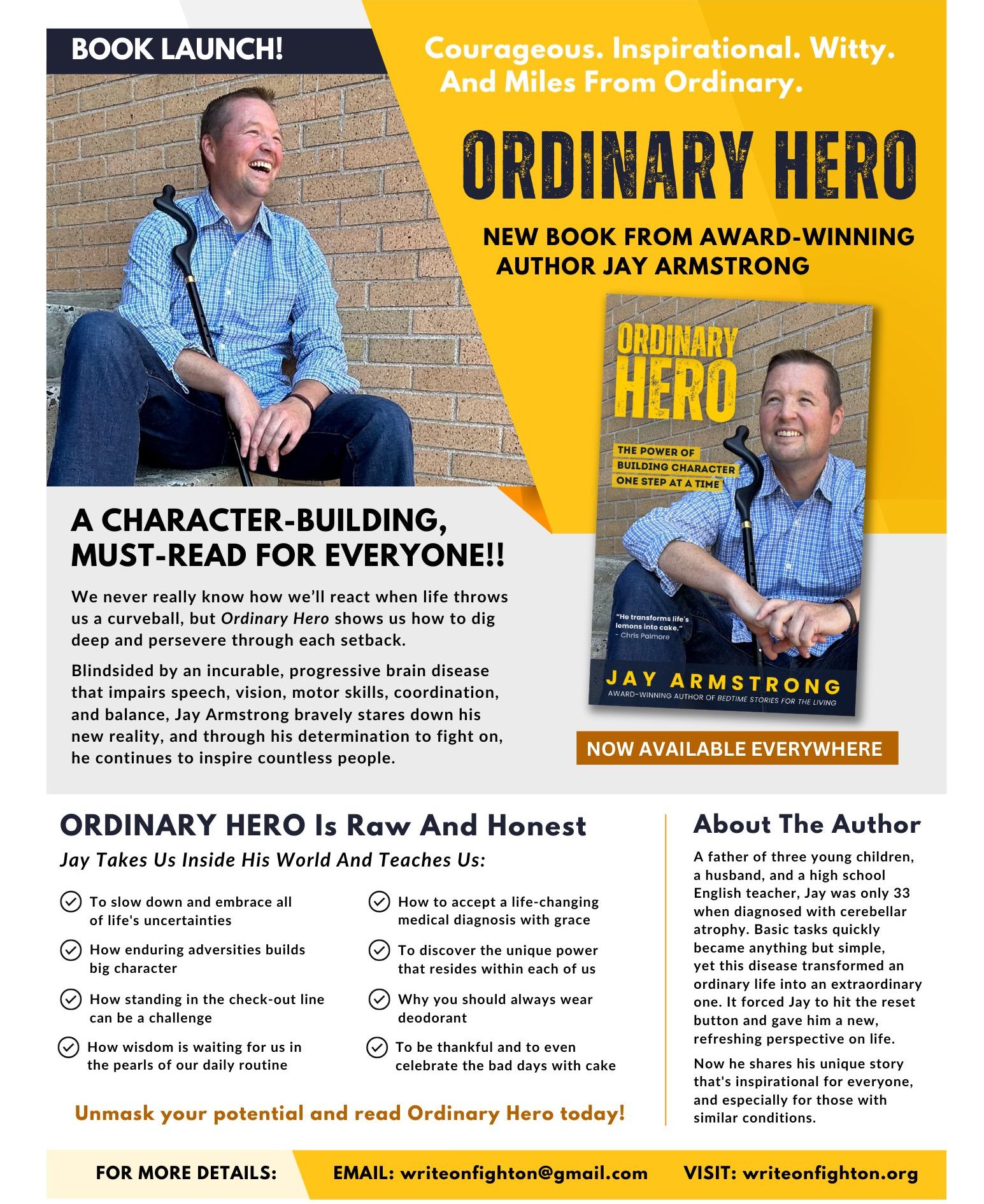Finding the Fire
In my last few years of classroom teaching, my summer reading assignment was to read Cormac McCarthy’s “The Road” and write some essay on a subject I’ve now forgotten.
Most students didn’t like “The Road.” They often chastised it. Called it boring and dry. They claimed nothing happened. No character development. No clear resolution. I even remember one student asking if the other books I plan to teach this upcoming year will be as terrible as “The Road.”
Admittedly, “The Road” is not a summer beach read. It’s not a feel good yarn that wraps up nice and glittery like a Hallmark movie. The good guys don’t really win. The bad guys don’t really lose. The book’s last sentence doesn’t restore moral and societal order. And yes, if I was a high school senior assigned to read it, I would probably think both the book, and the assigner, were terrible too.
In the novel, the father repeatedly instructs his son to “carry the fire.” This is a metaphor for harnessing the compassion and love needed to endure hardship. Needed to foster hope when hope is hard to find. Needed to find the love to keep moving forward.
I graduated from high school twenty-three years ago. And the only educational gem I still carry is when a teacher explained all the ways a girl can get pregnant without having intercourse. Toilet seats. Bed sheets. A pair of jeans. I can still see the teacher scanning the hushed classroom, crossing their arms, and just before the bell rings, saying, “So watch where you ejaculate.” It was a sobering moment for a 16-year-old virgin.
For the first time in seventeen years, I’m not in a classroom to witness the end of the school year.
Yes, as the years passed, signing yearbooks, the Senior BBQ, graduation ceremonies, the pomp and circumstance became formalities to me. I had been there, done that, and I often joked with the students about how I couldn’t seem to graduate high school. To my students, being trapped in high school, sounded like some twisted work of literature. Like a modern “One Flew Over the Cuckoo’s Nest,” where the cafeteria meatloaf was as toxic as electroshock therapy.
But knowing the school year is ending without me is, well, sad. There was camaraderie and celebration in the final days of school. For teachers and students, it was as if we just turned a corner together, ascended a hill together, and could see the marathon’s finish line together.
It became a sort of ritual. During the last class of the school year, I would clear my throat and say something like, “Before we leave each other, maybe forever, I want to end the year the way we began. For a few minutes, I want to talk about “The Road.”
This would draw laughter, ire, eye rolling, exasperating, sighing and even hard indifference from students. Most wanted to forget “The Road” ever happened. But for me, I needed to talk, one last time before summer, about how important in times of uncertainty, of inevitable heartbreak, to “carry the fire.”
Like Joan Didion wrote in “The Year of Magical Thinking,” “In times of trouble….I go to literature.” Over seventeen years, I have sought comfort and direction in the stories I taught. Like a paperback therapist, they challenged me to broaden my perspective. To see what I failed to see. To accept my own limitations. To find the courage to persevere.
I have a modest hope for all the students I ever taught.
In the years after high school graduation, when they hear the difficult diagnosis, when someone they love dies, when they are paralyzed with sadness and fear and guilt, that the phrase “carry the fire” may echo somewhere in the caverns of their soul.
I now realize how selfish my teaching style was. On most days, using literature as my lens, I worked out my questions and uncertainties in front of the class, in real time. Some students enjoyed my memoir style. Some did not. I did not teach to a test or a curriculum. My class was not a summary of literature. And I did not adopt the teaching methodologies Grad Schools sell. From September to June, I simply raised questions I did not have the answers to. I believe, and still do, that learning to ask the right questions is far more important than finding the answer.
Since I’ve retired, Act II: Sweatpants and Supermarkets, I’ve been struck with the daily question: how do I find my fire?
I discovered that “carrying the fire”, might actually be easier than as “finding the fire.” Teaching offered me a daily interaction, daily connections with both people and literature. Two subjects which supply my fire. And now, every morning I have to work to find my fire. I try to do five things every day to find my fire: read, write, take walks, make my kids laugh, and hug Cindy. Some days the fire burns bright. And some days, the fire dimly quakes in the wind, edging on extinction.
I have learned that the fire is, and has always been, inside each person. Do little things that help you find and carry the fire every day. Because once the fire goes out, it might be hard to find the needed spark again.
So class,( dramatic throat clear) as another school year closes, there are two important educational gems I want you to take forever:
1.No matter how hard life gets: always carry the fire.
2. Be careful where you ejaculate.
Be well,
Jay
If you like this post, you may also like:
Why you should always wear deodorant
~
Don’t give up.
~
The nurse with the dragon tattoo
~
A letter to my son about his dreams
~~
Need some encouragement? Some perspective? This hardworking, almost-handsome, suburban soccer dad can help. Subscribe and, like a pizza, get my posts delivered to your door (your email inbox). No spam. Just posts.




